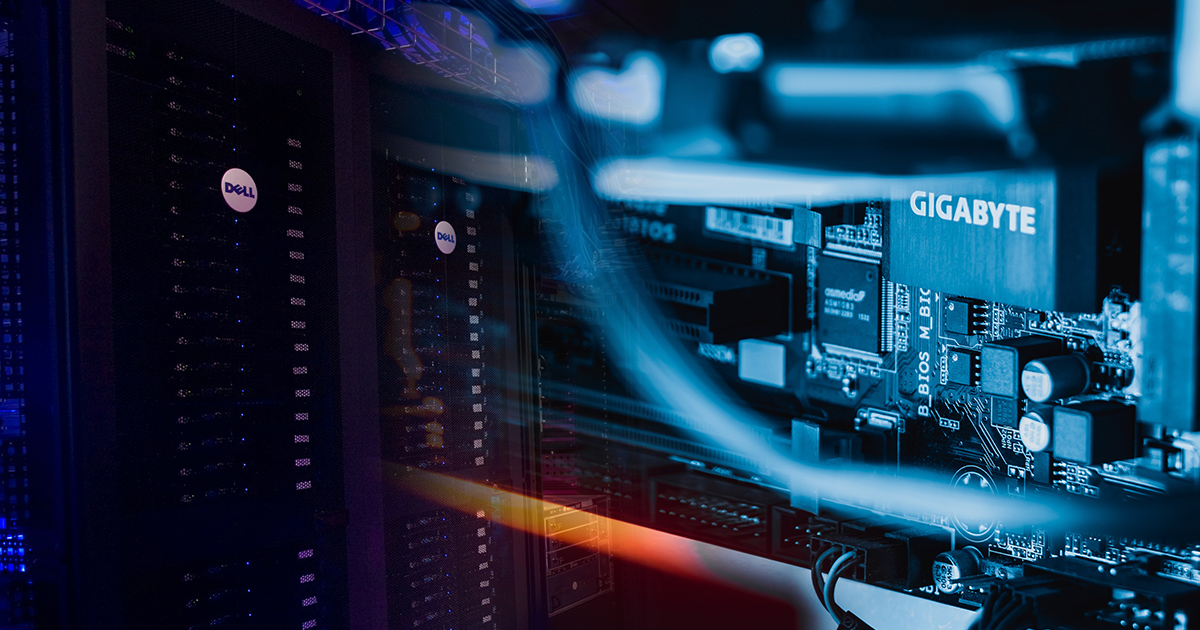
Servers have been around for decades, and provide businesses with the ability to store documents, music, video, and running applications. Therefore, businesses are faced with the decision of whether to purchase physical servers or go with a virtual server. We will discuss the differences between them below.
Physical Server
It is exactly as the title states. A physical server is a type of computer that is usually mounted in a rack in a network closet or server room. These types of computers run on Windows, or Linux, and invariably have large amounts of disk space for storing files. Usually these types of machines consume large amounts of power. If a business starts adding two, three, or more physical servers, more power consumed equals more money paid to the electric company.
The benefit of having a server is that many people can connect to the server to edit documents and share files across the network with other computer users. Also, due to the types of disks on servers, you have the added security of knowing that if a disk fails, another will kick in to prevent data loss. Most software companies prefer that you have a dedicated server for their application(s) to work. Therefore, the costs of buying new hardware adds up quickly.
Virtual Server
A virtual server is essentially a server that is a file running on a physical server. Virtualization allows for multiple application servers to exist on a single machine, thus saving space, time, and utility costs. The virtual server still functions the same as a physical server, but instead of having to configure a physical machine to run it, you simply allocate the physical server’s resources to run the virtual machine.
With physical machine backups, you can only restore those backups back to the exact same type of hardware. Otherwise, the backup is essentially useless. With virtual servers, you can restore to any physical machine, which provides minimal downtime during a disaster. Also, with virtual servers, if you need to add storage space, memory, processing power and more, this can be done with a click of the mouse, and without having to add more physical hardware to the machine. One physical server, depending on the configuration, can hold as few as two virtual machines, all the way up to 10 or more.
Virtual servers also help to reduce the amount of space needed in the server room to run your enterprise.
Everyone Has A Unique Situation
Whether you need a physical or a virtual server, you may still be unclear on the subject. Absolute Technology Solutions has a team of trained consultants that look at each unique situation, and provide a solution that works for you, and not a “one size fits all” type of solution. Call us today and we can help.
Share this Post




